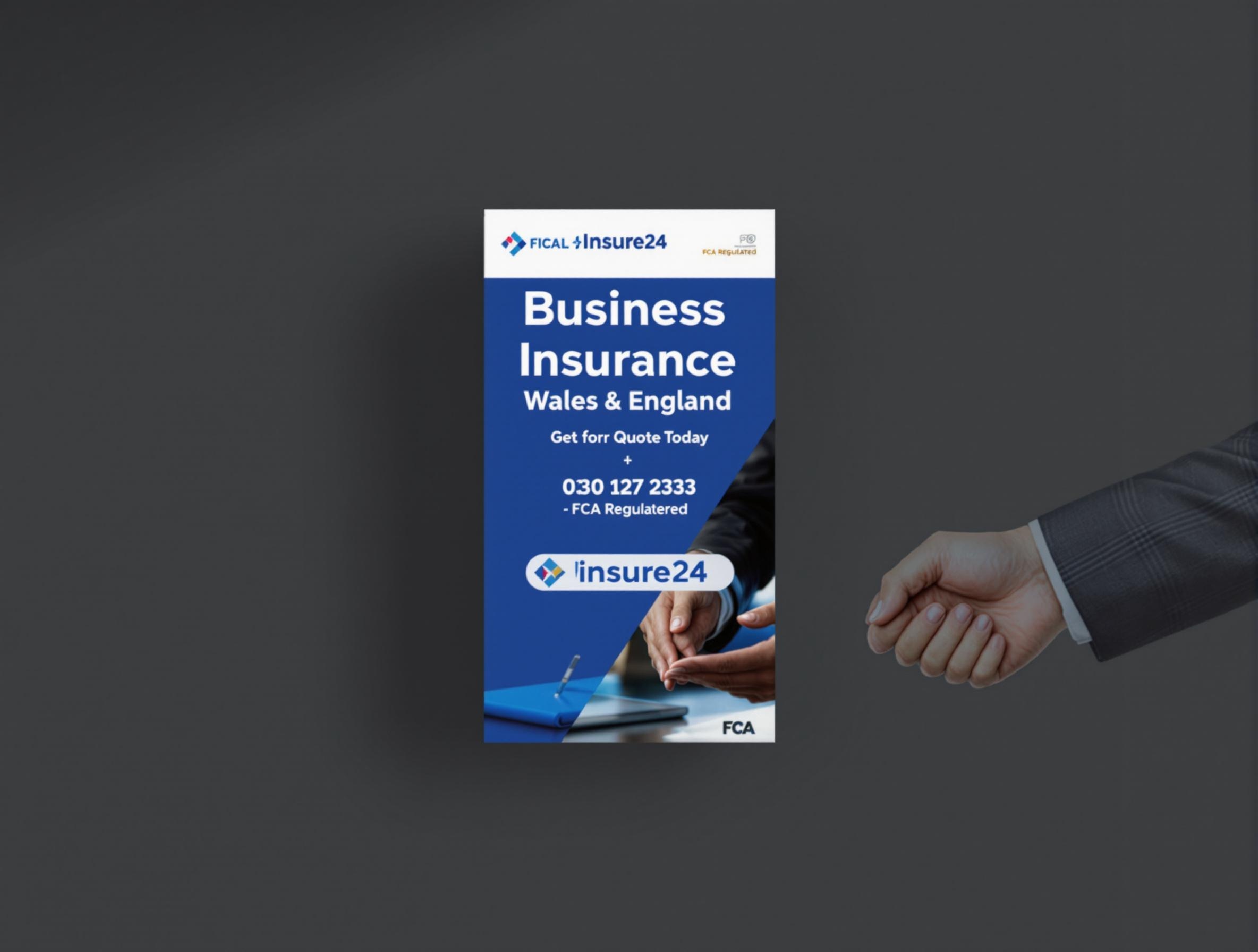Commercial Combined Insurance Quotes: Comparison Guide
Getting multiple quotes for commercial combined insurance is essential, but knowing how to compare them effectively can save your business thousands while ensuring comprehensive protection. This guide walks you through the key factors to consider when evaluating quotes.
Understanding Commercial Combined Insurance Components
Before comparing quotes, it's crucial to understand what commercial combined insurance typically includes:
- Buildings Insurance: Protection for your business premises
- Contents Insurance: Coverage for equipment, stock, and fixtures
- Business Interruption: Compensation for lost income during disruptions
- Public Liability: Protection against third-party claims
- Employers' Liability: Coverage for employee-related claims
- Product Liability: Protection against product-related claims
Key Factors When Comparing Quotes
1. Coverage Limits and Scope
Don't just compare premiums – examine the coverage limits for each component:
- Public liability limits (typically £1m-£10m+)
- Employers' liability coverage (minimum £5m required by law)
- Business interruption period (12, 24, or 36 months)
- Contents and buildings sum insured amounts
2. Exclusions and Conditions
Carefully review what's excluded from each policy:
- Industry-specific exclusions
- Geographic limitations
- Age restrictions on equipment
- Security requirements
- Maintenance conditions
3. Excess Amounts
Compare excess levels across different coverage areas:
- Property damage excess
- Business interruption excess
- Liability claims excess
- Optional voluntary excess to reduce premiums
Quote Comparison Checklist
Essential Information to Compare
Coverage Details:
- ☐ Total sum insured matches your business value
- ☐ All necessary coverage types included
- ☐ Adequate liability limits for your industry
- ☐ Business interruption calculation method
- ☐ New for old or indemnity basis
Policy Terms:
- ☐ Policy period and renewal terms
- ☐ Payment options and frequency
- ☐ Cancellation conditions
- ☐ Claims notification requirements
- ☐ Policy amendment procedures
Insurer Credentials:
- ☐ Financial strength rating
- ☐ Claims handling reputation
- ☐ Industry experience
- ☐ Customer service quality
- ☐ Regulatory compliance
Red Flags to Avoid
Suspiciously Low Premiums
Extremely cheap quotes often indicate:
- Inadequate coverage limits
- Excessive exclusions
- High excess amounts
- Poor claims service
- Unstable insurer
Incomplete Information
Be wary of quotes that don't clearly specify:
- Exact coverage limits
- Policy exclusions
- Excess amounts
- Policy conditions
- Additional charges
Getting Accurate Quotes
Information You'll Need to Provide
- Business Details: Industry, size, location, years trading
- Property Information: Building value, contents value, construction type
- Employee Details: Number of employees, roles, locations
- Revenue Information: Annual turnover, seasonal variations
- Risk Factors: Previous claims, security measures, safety procedures
Tips for Better Quotes
- Provide identical information to all insurers
- Be honest about your business risks
- Ask about available discounts
- Consider annual vs. monthly payment options
- Request quotes from both direct insurers and brokers
Working with Insurance Brokers
Benefits of Using a Broker
- Access to multiple insurers
- Expert advice on coverage needs
- Claims support and advocacy
- Market knowledge and negotiation
- Ongoing policy management
Questions to Ask Your Broker
- Which insurers are you comparing?
- What's your claims support process?
- Are there any additional fees?
- How often do you review policies?
- What happens if you're not available?
Making Your Final Decision
Beyond Price Considerations
While cost is important, consider these factors:
- Value for Money: Coverage quality vs. premium cost
- Insurer Reputation: Claims payment history and speed
- Policy Flexibility: Ability to adjust coverage as your business grows
- Support Quality: Customer service and claims handling
- Long-term Relationship: Potential for multi-year agreements
Documentation and Records
Keep detailed records of:
- All quotes received with dates
- Comparison notes and decisions
- Communication with insurers/brokers
- Policy documents and schedules
- Payment confirmations
Common Mistakes to Avoid
- Choosing Based on Price Alone: Cheapest isn't always best
- Underinsuring: Saving on premiums but risking inadequate coverage
- Ignoring Policy Details: Not reading terms and conditions
- Providing Inconsistent Information: Leading to inaccurate quotes
- Rushing the Decision: Not allowing enough time for proper comparison
- Forgetting Annual Reviews: Not reassessing coverage needs regularly
Next Steps
Once you've compared quotes and selected your preferred option:
- Confirm all details with your chosen insurer or broker
- Review the final policy documents carefully
- Set up payment arrangements
- Ensure all stakeholders know about the new coverage
- Schedule regular policy reviews
- Keep all documentation easily accessible


 0330 127 2333
0330 127 2333




























